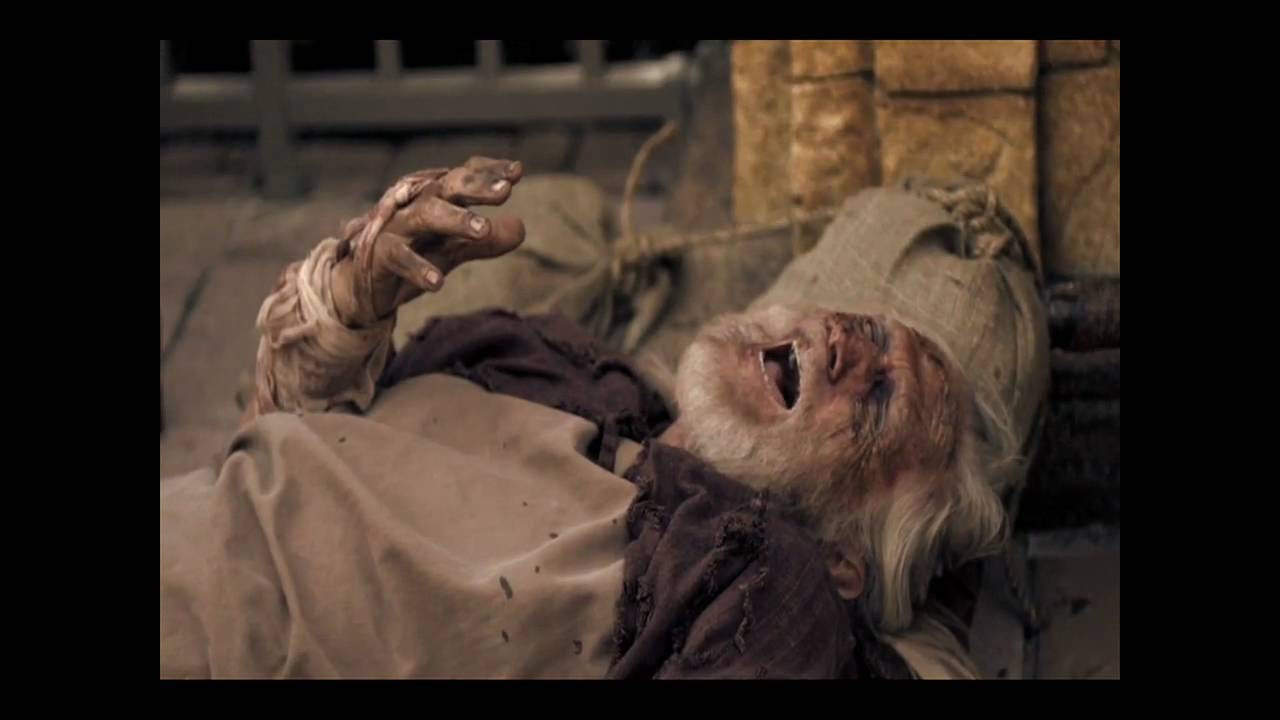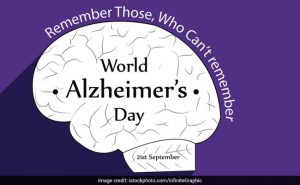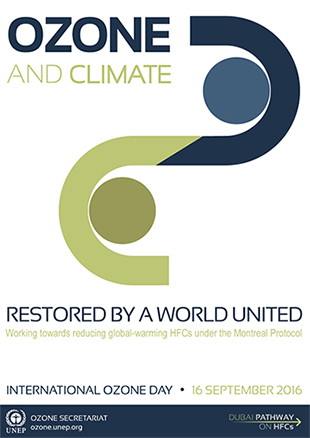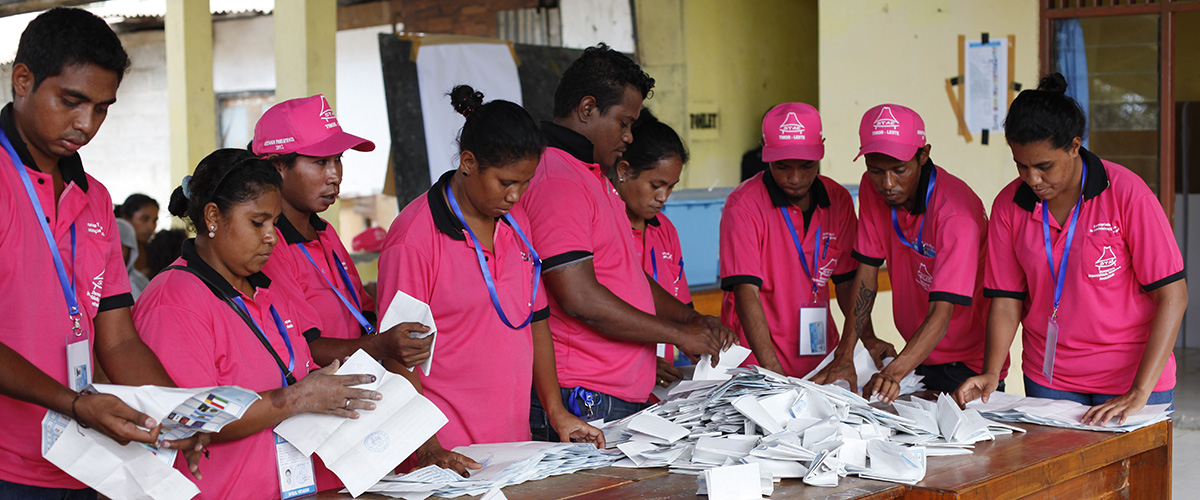He had come with hope.
He had begged with trust.
He came back… filled with gratitude –
He, the grateful leper.
He had come with hope.
He had begged with trust.
He came back… filled with gratitude –
He, the grateful leper.
A wealthy businessman, owner of a prosperous company, tells the story of how, one day, he decided to help one of his employees. The man had come to inform him that he had to leave the company. 
 When he was asked why he had taken this decision, the man explained that he had received from his doctor the verdict that… he had about six months to live. The businessman knew that this employee had wanted his eldest son to go to the university but, of course, now it would not be possible.
When he was asked why he had taken this decision, the man explained that he had received from his doctor the verdict that… he had about six months to live. The businessman knew that this employee had wanted his eldest son to go to the university but, of course, now it would not be possible.
The owner of the company decided to pay for the young man to go on with his studies to become an engineer. The rich man satisfied with his good deed soon forgot about it. Five years later, on a rainy evening, a young man was at the door asking to speak to the businessman. Such a night-time visit was very unusual but the man’s surprise was still greater when he discovered that the visitor was the young man whose studies he had paid for. The visitor said: “Sir, for four years I have benefited from your generosity. Today, I have managed to obtain an important contract I come to thank you.”
As he was about to leave, the rich man asked: “What about your cousin adopted by your late father. I paid for his studies as well. Has he finished his course?” The visitor bent the head and replied:  “He has left last year to… to… see the world. He did not do his last exams…” The businessman knew that there would be no ‘Thank you’ coming from that side…
“He has left last year to… to… see the world. He did not do his last exams…” The businessman knew that there would be no ‘Thank you’ coming from that side…
Yet, the experience he made was… more positive than that of Jesus! One out of two people came to thank him for his help. While Jesus had cured ten men (Lk.17:11-19) and only one returned to thank him for his healing.
‘THANK YOU’ – two small words that can make such a big difference! They make the helper feel that what he has done has been noticed and appreciated. And they make the one who received help to become a person who can recognised the goodness and generosity of a fellow human being. It may even enable him, or her, to become other-centered and selfless themselves!…
 If I mention the name ‘Habakkuk’ and if I add that he was a prophet, many people may not question my words but they will wonder about the identity of this man of God. He is the author of the text of our 1st reading on this Sunday (27th, Year C – Ha.1:2-3; 2,:2-4). On hearing his message, we might think we hear the words of Jeremiah. Like him, Habakkuk is somehow admonishing the Lord for the message given to him to speak to his people.
If I mention the name ‘Habakkuk’ and if I add that he was a prophet, many people may not question my words but they will wonder about the identity of this man of God. He is the author of the text of our 1st reading on this Sunday (27th, Year C – Ha.1:2-3; 2,:2-4). On hearing his message, we might think we hear the words of Jeremiah. Like him, Habakkuk is somehow admonishing the Lord for the message given to him to speak to his people.
The very first line of his text says: “How long, Lord, am I to cry for help while you will not listen?” Have you ever been tempted to address these words to God? You did not dare… You thought it may lack respect, you said to yourself that it was an unworthy kind of prayer, and yet…
Had you done so, you may have received the same answer that God gave his prophet as he said: “The vision will come, it does not deceive; it if comes slowly, wait, for come it will without fail.”
Next time you are tired of waiting for God to do something. In fact, whenever you have doubts that he will do anything for you… just remember the prophet with the strange-sounding name and… the bold prayer words!
 This day is celebrated worldwide on the initiative of the UN on the last Sunday of September, in honor of the establishment in 1951 of the International Federation of the deaf.
This day is celebrated worldwide on the initiative of the UN on the last Sunday of September, in honor of the establishment in 1951 of the International Federation of the deaf.
The beginning of the formation and development of societies deaf people in many countries has been made possible thanks to the meetings and associations of graduates of schools for the deaf.
The founder of facial communication method and a supporter of the language is considered to be the French of the Abbe Charles Michel de L’EPE, founded in the 18th century the world’s first Institute for the deaf in Paris.
Since the beginning of the 19th century graduates of this institution, was built in the tradition of the birthday celebration de L’EPE. On the bicentennial anniversary of the birth of the great Frenchman, was invited many deaf people from different countries, and it became the first international meeting of the communities that initiated the contact.
On the planet about two and a half thousand tongues but there is one form of communication — language attitudes and gestures. In 50-ies of the world Federation of the deaf in order to maintain the international deaf events, we developed a special system of gestures, which he called Gestuno. In the first dictionary Gestuno, published in 1965, recorded 300 gestures, the third edition is already 1500.
The parable of this Sunday’s gospel (Lk.16:19-31) is perhaps… off-putting to our modern ears: expressions like “the bosom of Abraham,” “the torment of Hades”, “the tents of eternity” – all this may sound rather… alien to us. Still the message of this text is far from irrelevant, in fact: it is most appropriate for people like us: occupied, preoccupied with a thousand things and sometimes forgetting the most important ones!
For my part, I have given this gospel text the title of: ‘The Gospel of: If only… »
As I reflect upon it, all kinds of ideas come to my mind:
‘If only I had said this…’
‘If only I had done that…’
‘If only I had gone there…’
‘If only I had rendered this service…’
‘If only I had accepted this invitation…’
‘If only I had not spoken those words…’
‘If only I had not acted in this way…’
‘If only I had refrained for joining that group…’
The list could go on of what I could or should have done, and what I should have kept away from…
But it is too late now – this thought is surely that of the rich man now experiencing terrible suffering for what he has failed to do.
Because for him, this is precisely the case: he has not insulted or ill-treated the poor man Lazarus. No.
But he has ignored him, he failed to notice his need, he did not answer his silent request for help.
In the past terminology, these ‘abstentions’ were called ‘sins of omissions’.
They were not always seen as serious as the faults we had committed and which we readily listed as ‘sins’. And yet… there is a ‘seriousness’ to omissions which should not be neglected.
There is the story of someone attending the canonization ceremony of a man who had lived in the same village. He had begged much of his life and was often turned away seen as a nuisance by many of the neighbours. The person present at the celebration was obviously nervous and uncomfortable to the point that she could not resist telling another person present: “Of course, if only we had known he was a saint, we would have welcomed him!…”
World Alzheimer’s Day, September 21st of each year, is a day on which Alzheimer’s organizations around the world concentrate their efforts on raising awareness about Alzheimer’s and dementia. Alzheimer’s disease is the most common form of dementia, a group of disorders that impairs mental functioning.

Every 68 seconds, someone develops Alzheimer’s disease. At current rates, experts believe the number of Americans living with Alzheimer’s will quadruple to as many as 16 million by the year 2050.
Alzheimer’s disease is often called a family disease, because the chronic stress of watching a loved one slowly decline affects everyone. 5.4 million Americans are living with Alzheimer’s. Alzheimer’s disease is the sixth-leading cause of death in the United States and the only cause of death among the top 10 in the United States that cannot be prevented, cured or even slowed. With the increases in life spans and baby boomers coming of age, support for Alzheimer’s research is more critical to our families than ever.
None of us would like to be seen as … a slave – the only thought of it is shocking! We cherish and defend our liberty and we do not want it diminished in any way. And yet… in some rare moments of lucidity and honesty, perhaps… perhaps we would admit – only to ourselves, of course – that we may not be as free as we like to believe…
 Today may be such a moment. The gospel text of this Sunday (25th, Year C – Lk.16:1-13) gives us some food for thought when we hear Jesus say: “No servant can be the slave of two masters… you cannot be the slave both of God and of money.”
Today may be such a moment. The gospel text of this Sunday (25th, Year C – Lk.16:1-13) gives us some food for thought when we hear Jesus say: “No servant can be the slave of two masters… you cannot be the slave both of God and of money.”
Here again, we may be tempted to protest and say: ‘A slave, me? Of course not!’ Yet… a small inner voice may rise gently and say something different.
MONEY, we need it, we save it, we spend it, we… give some of it, no? It is a ‘must’ of our daily life and activities. What can be done without money? What can be obtained without coins, and bills, and credit cards – all this ‘tainted’ currency? It is only ‘normal’ to acquire possessions, and riches of all kinds, if we can manage it!
We know well that the words of Jesus are the echo of the old saying: “Money is a good servant but a bad master.”
We strive to reach the proper balance between possessing and being possessed… no easy feat…

Some questions can help us look at our status of… slave or free person:
– Do I often complain that I do not have enough money?
– Do I use money properly or do I spend it on useless items?
– Do I sometimes cheat to be able to get things I would not otherwise be able to afford?
– Do I use most of the money I earn for my own purposes and little for my family?
– Do I give money to those in need, or… pretend that I need it myself?
Some are quick to defend themselves saying: ‘I am not rich, I really don’t have much!’ The danger lies not in how rich one is but how attached one is to the little he or she has.
So, perhaps today is THE day to start making friends with money – the kind of friends Jesus speaks about!…
« On this International Day for the Preservation of the Ozone Layer, let us remember how much has already been accomplished, and commit to do more to protect our atmosphere. By working  together, we can build a safer, healthier, more prosperous and resilient world for all people while protecting our planet, our only home. » Secretary-General’s Message on the International Day for the Preservation of the Ozone Layer
together, we can build a safer, healthier, more prosperous and resilient world for all people while protecting our planet, our only home. » Secretary-General’s Message on the International Day for the Preservation of the Ozone Layer
2016 Theme: Ozone and climate: Restored by a world united.”
In 1994, the UN General Assembly proclaimed 16 September the International Day for the Preservation of the Ozone Layer, commemorating the date of the signing, in 1987, of the Montreal Protocol on Substances that Deplete the Ozone Layer (resolution 49/114).
States were invited to devote the Day to promote activities in accordance with the objectives of the Protocol and its amendments. The ozone layer, a fragile shield of gas, protects the Earth from the harmful portion of the rays of the sun, thus helping preserve life on the planet.
The phaseout of controlled uses of ozone depleting substances and the related reductions have not only helped protect the ozone layer for this and future generations, but have also contributed significantly to global efforts to address climate change; furthermore, it has protected human health and ecosystems by limiting the harmful ultraviolet radiation from reaching the earth.
The theme for this year’s International Ozone Day recognizes the collective efforts of the parties to the Vienna Convention and the Montreal Protocol towards the restoration of the ozone layer over the past three decades and the global commitment to combat climate change.
« The implementation of the Goals must be underpinned by a strong and active civil society that includes the weak and the marginalized. We must defend civil society’s freedom to operate and do this  essential job. On this International Day of Democracy, let us rededicate ourselves to democracy and dignity for all. » — UN Secretary-General, Ban Ki-moon
essential job. On this International Day of Democracy, let us rededicate ourselves to democracy and dignity for all. » — UN Secretary-General, Ban Ki-moon
2016 Theme: Democracy and the 2030 Agenda for Sustainable Development
In September 2015, all 193 Member States of the United Nations adopted the 2030 Agenda for Sustainable Development — a plan for achieving a better future for all, laying out a path over 15 years to end extreme poverty, fight inequality and injustice, and protect our planet. At the heart of the Agenda are the Sustainable Development Goals, which call for mobilizing efforts to end all forms of poverty, fight inequalities and tackle climate change, while ensuring that no one is left behind.
Speaking at the Inter-Parliamentary Union’s Fourth World Conference of Speakers of Parliament, Secretary-General Ban Ki-moon commended the parliamentarians of the world for the valuable role they played in shaping the new framework. He also underscored that their contribution to the implementation of the 2030 Agenda will be equally critical: “People will look to you to hold your governments accountable for achieving the goals, and to write the laws and invest in the programmes that will make them a reality,” he said, noting that democratic principles also run through the entire document “like a silver thread.”
Sustainable Development Goal 16 addresses democracy by calling for inclusive and participatory societies and institutions. It aims to “Promote peaceful and inclusive societies for sustainable development, provide access to justice for all and build effective, accountable and inclusive institutions at all levels.” The Goal is both an end in itself and a crucial part of delivering sustainable development in all countries. It has been seen by many commentators as the transformational goal and key to ensuring that the Agenda can be accomplished.
 “This Sunday, September 11, marks the 15th anniversary of one of the most tragic days in the history of the United States. On that fateful day, terrorists staged attacks on the World Trade Center and the Pentagon and were only prevented from completing another attack by the heroism of the passengers on United Flight 93. The images of that day are forever imprinted on our memories.
“This Sunday, September 11, marks the 15th anniversary of one of the most tragic days in the history of the United States. On that fateful day, terrorists staged attacks on the World Trade Center and the Pentagon and were only prevented from completing another attack by the heroism of the passengers on United Flight 93. The images of that day are forever imprinted on our memories.
“The events of that day also revealed the character of ordinary American citizens who demonstrated their courage and willingness to sacrifice for their fellow men and women. Who can forget the first responders who dashed into buildings on the verge of collapse, the service members who rescued the burned and injured in the Pentagon, or the passengers who fought to take control of their doomed plane over Pennsylvania?
As we recall the events 15 years ago, let us renew our commitment to do all that we can, wherever we may be, to honour the victims of those attacks, as well as the others who have been harmed by terrorism in the years since September 11, 2001. We must defeat terrorists and all that they represent, and at the same time work tirelessly to promote dialogue, peace, and reconciliation in order to resolve the complex problems that we face in an interdependent world.